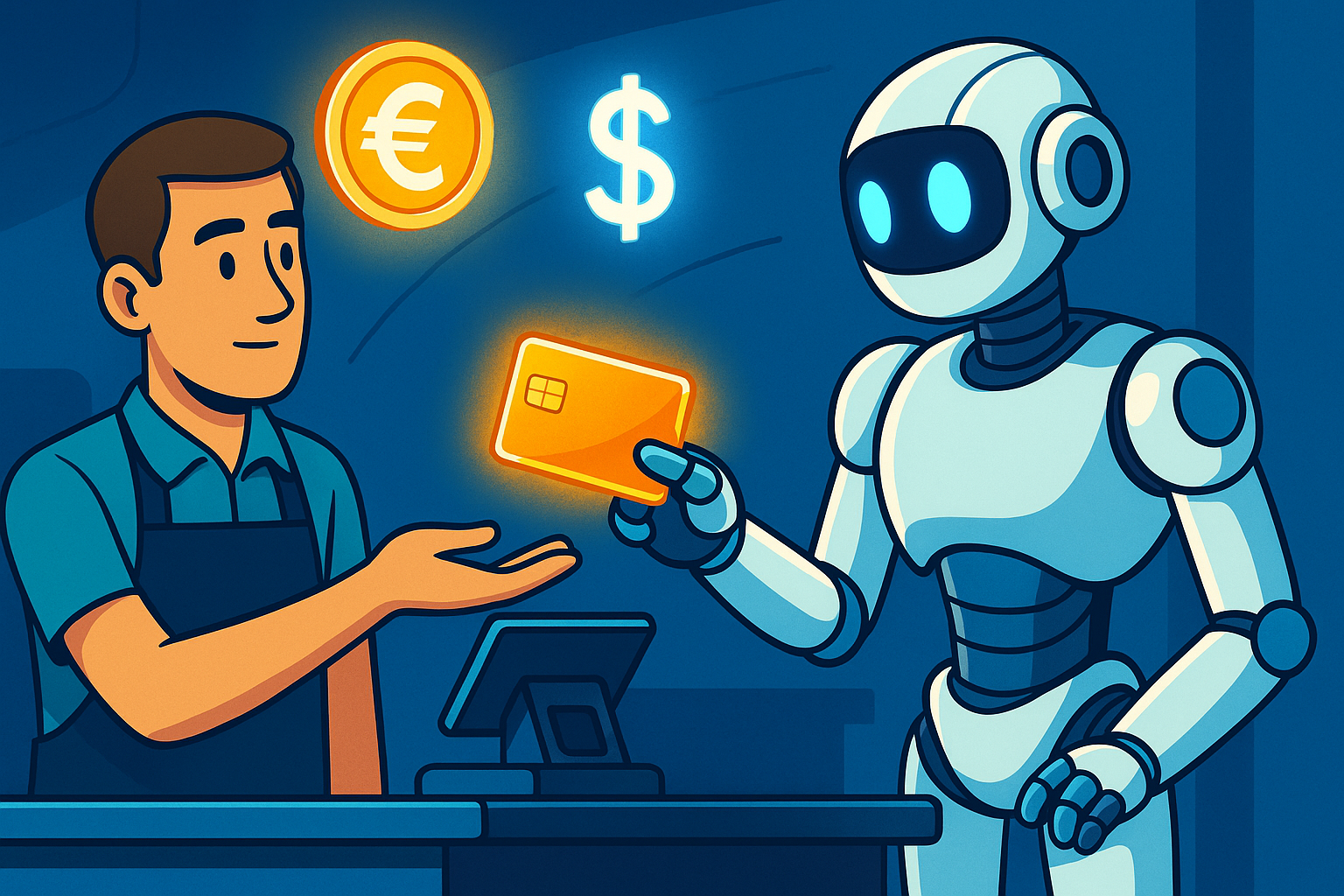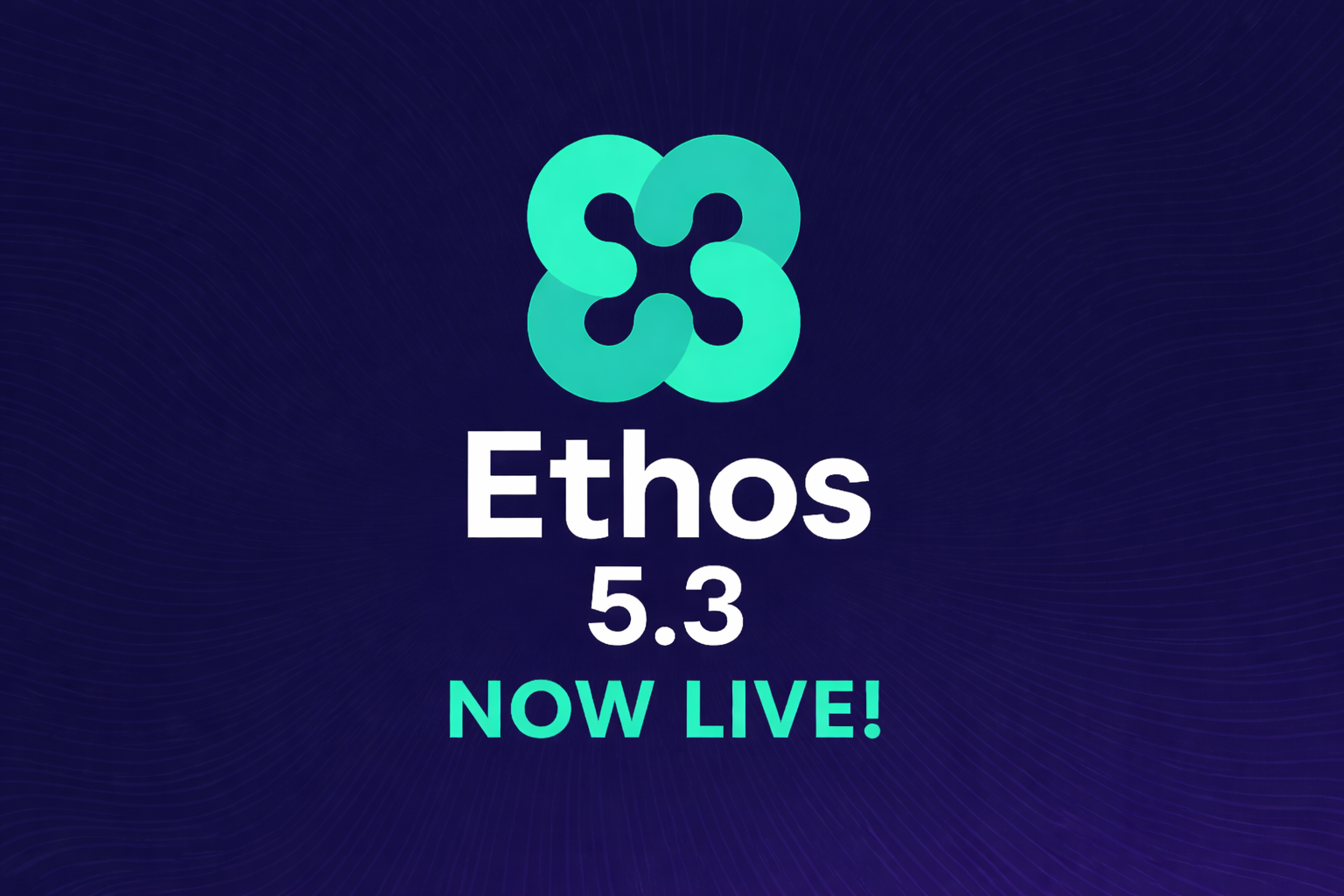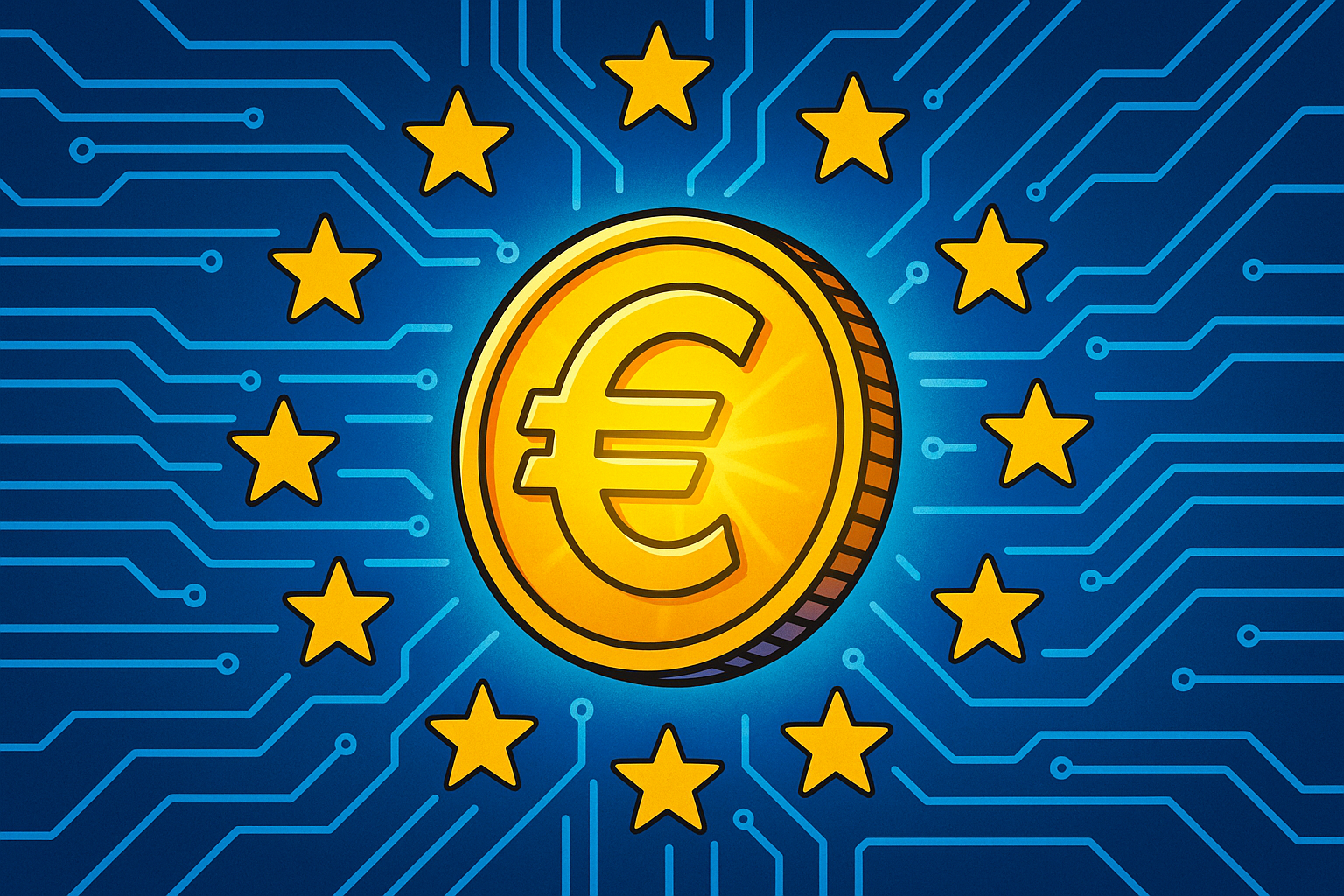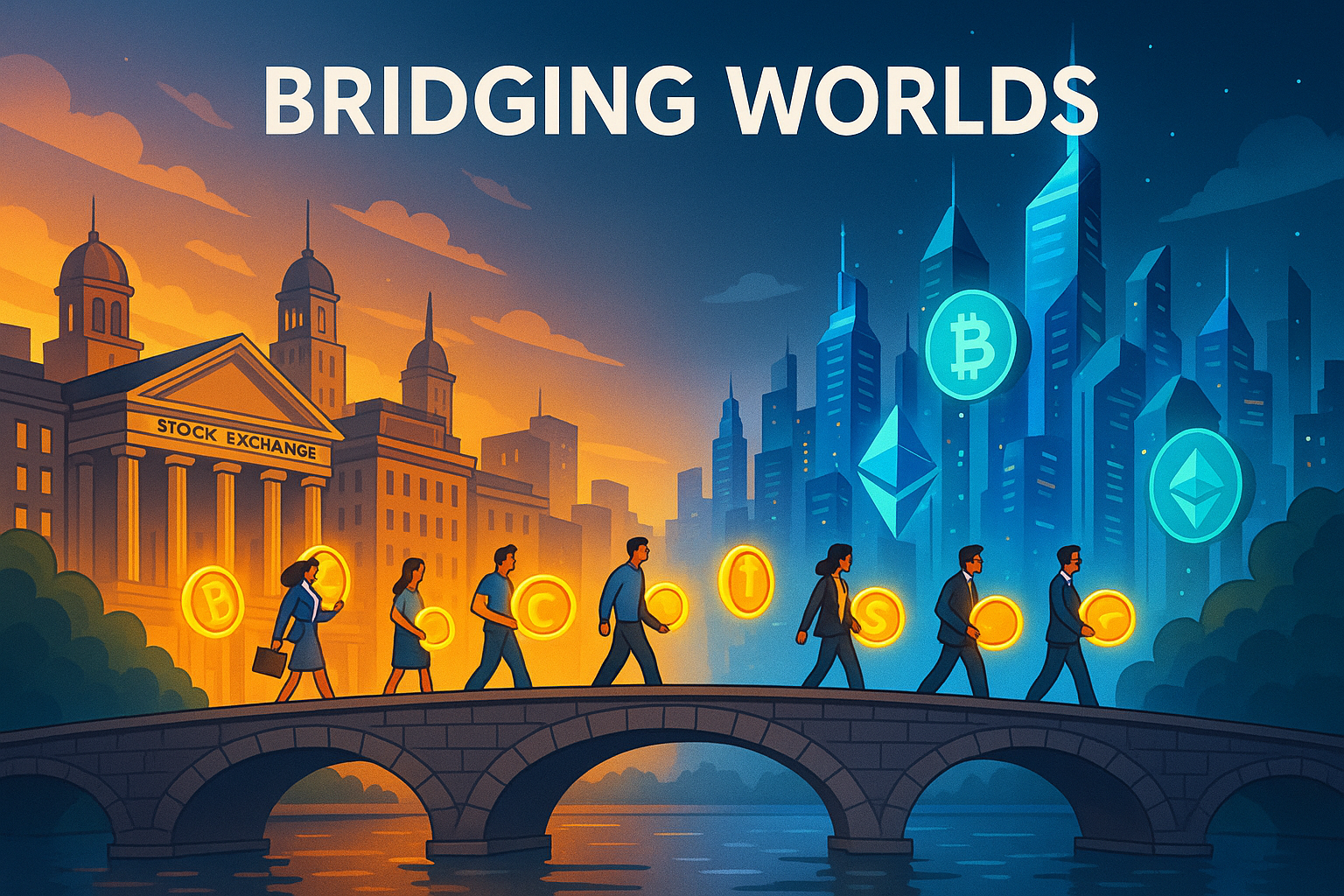When AI Starts Buying For You: Google’s New AP2 Protocol

Imagine telling your AI assistant: “Book me a flight to Paris under $700” — and by the time you wake up, the trip is bought, paid for, and waiting in your inbox. No browser tabs, no checkout screens, no fumbling with card details.
That’s the world Google is betting on with its newly unveiled Agent Payments Protocol (AP2) — an open standard designed to let autonomous AI agents make payments on your behalf. And yes, crypto is part of the plan.
What Exactly Is AP2?
Announced September 16th, AP2 is Google’s big swing at building the rails for “agentic commerce.” Instead of you manually clicking “buy,” your AI agent could handle the transaction end-to-end.
The key building block here is something called a Mandate — a cryptographically signed instruction that encodes exactly what the agent is allowed to do. Think of it as a digital permission slip:
- Who the agent can pay
- How much it can spend
- When and for what purpose
Mandates create a tamper-proof audit trail. If an agent goes rogue, there’s a record of what it was (and wasn’t) authorized to do.
Google isn’t going it alone either. Over 60 industry partners are on board, including Mastercard, PayPal, American Express, Coinbase, and Etsy. That means both traditional payments and crypto wallets are being wired into the same ecosystem.
Crypto’s Place in the Protocol
Here’s where things get interesting for the crypto crowd: AP2 includes an extension called A2A x402, built in collaboration with Coinbase, MetaMask, and the Ethereum Foundation. This extension enables stablecoin and crypto transactions within the same mandate framework.
In practice, this could mean:
- Paying freelancers worldwide in USDC automatically.
- AI agents managing DeFi subscriptions or recurring payments.
- Cross-border commerce using stablecoins instead of slow, costly wires.
For stablecoins — already the workhorse of digital assets — AP2 could be the bridge that takes them from traders’ wallets into everyday commerce.
Why This Could Be Huge
If AP2 gains traction, it could reshape payments in ways that go far beyond crypto.
- Frictionless shopping: Agents handle checkout invisibly.
- Programmable payments: Subscriptions, conditional transactions, and escrow could become native features.
- 24/7 global settlement: Stablecoins and real-time rails mean no waiting on bank hours.
- Auditability: Mandates provide a paper trail regulators actually like.
It’s a rare attempt to build payments infrastructure that feels both futuristic and regulator-friendly.
The Risks and Unknowns
Of course, it’s not all sunshine.
- Adoption is king. If merchants, wallets, and fintechs don’t buy in, AP2 becomes another abandoned Google experiment.
- Security nightmares. A compromised AI agent with signing authority could drain accounts in seconds.
- Regulatory headaches. Who’s liable if an agent makes a mistake? The user, the developer, or the payment rail?
- Crypto volatility. Stablecoins may be the safer bet, but regulators in Europe and the U.S. are still circling. One adverse ruling could pull the plug.
- Competition. Visa, Amazon, and other giants are eyeing their own agentic payment systems. Standards wars could fragment the ecosystem.
And let’s be honest: handing Google even more influence over how money moves won’t sit well with privacy hawks.
Nancy’s Take
AP2 is ambitious — even audacious. It isn’t just a new checkout button; it’s a vision of commerce where machines transact on our behalf.
If it works, it could normalize crypto in everyday payments faster than a decade of Coinbase ads. Stablecoins might finally find the killer use case they’ve been waiting for: not just speculative liquidity pools, but the default rails for AI-driven commerce.
But if it fails? It’ll be another entry in the long graveyard of overhyped Google projects.
Either way, this matters. Because whoever owns the rails of
agentic payments will significantly impact the future of intent, trust, and digital money as a whole.
If this kind of content interests you, make sure you stay connected through our
Telegram
and
Discord! Don't forget to also download the
Ethos App to start trading smarter today!












